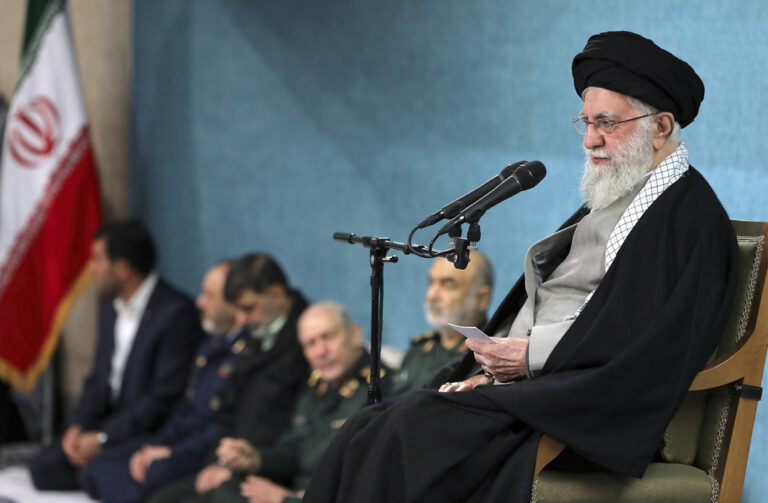Towards the end of the Parsha (23, 20) Hashem tells Moshe Rabeinu that he is going to send a Malach in front of us to protect us and to bring us to Eretz Yisroel etc. Then Hashem continues to tell Moshe that we should heed the Malach’s instructions… because Hashem’s name is in its midst. Although the word ‘Malach’ is generally used to refer to an angel, it sometimes just means some sort of emissary. Here, however, the meaning of the word is somewhat unclear.
The Mefarshim differ in their explanations. Some explain it to mean an angel. Some explain it to mean a leader, and some explain it to mean the Torah or Luchos (Tablets of the Law). The various explanations each have their benefits and each have their difficulties. For example, the explanation of ‘Malachim’ as angels poses the following problem: angels do not issue commands as to what we should do nor do they punish us. If the meaning of ‘Malach’ is ‘Torah’ or ‘Luchos’, how does Hashem make the Torah travel before us? While there are answers to many of these difficulties, it is still a bit difficult to find a fully coherent explanation of these Pessukim.
Chazal tell us הרבה שלוחים יש למקום’‘– ‘Hashem has many emissaries’. This means that there are many ways and things Hashem can use in order to accomplish His Will in the world. Hashem is clearly telling us in these Pesukim that He is going to make sure that we make it through and are brought to Eretz-Yisroel. This is so even though Hashem doesn’t specify the means he wishes to use in order to do so. That Hashem guarantees that He will provide the means for it to happen this is evident from the words ‘הנה אנכי שלח מלאך … ‘ what this Malach or emissary will be, Hashem doesn’t specify. It therefore would appear that whatever turns out to be the cause, or whatever ends up enabling the People to reach Eretz-Yisroel was Hashem’s emissary. Hashem is pointing out to Moshe and Am-Yisroel that we must view all the things that affect Retzon Hashem to actually be Hashem’s emissaries.
When Hashem tells us that we must listen to this Malach’s voice Hashem is in essence telling us that we must listen to the messages that are delivered to us from whoever Hashem’s emissaries are. Hashem is telling us that we must be sensitive to the fact that the messages He is sending us can come through a multiplicity of means, and that we must then listen to those messages.
A very warm Good Shabbos, Rabbi Y. Dov Krakowski










